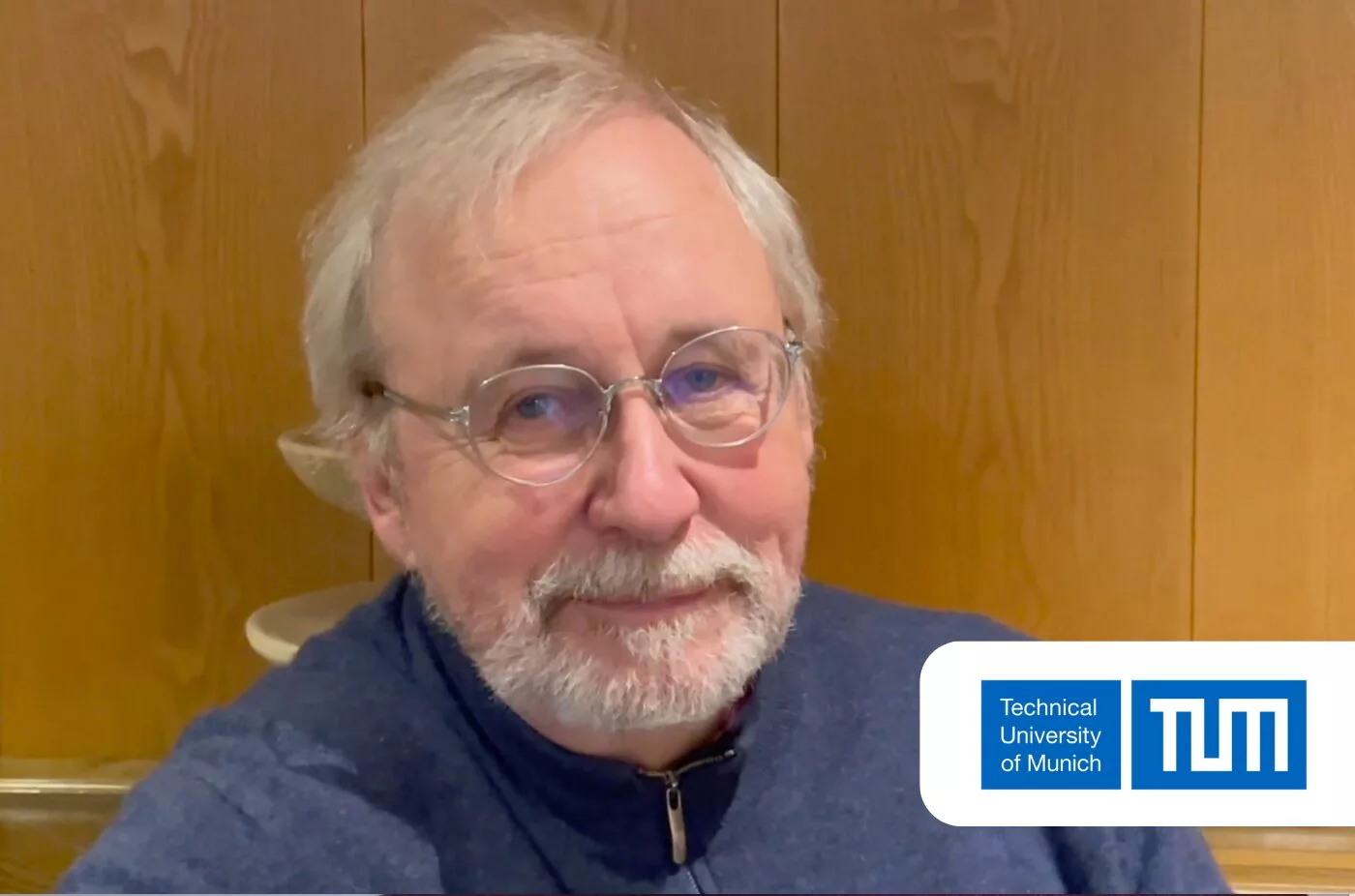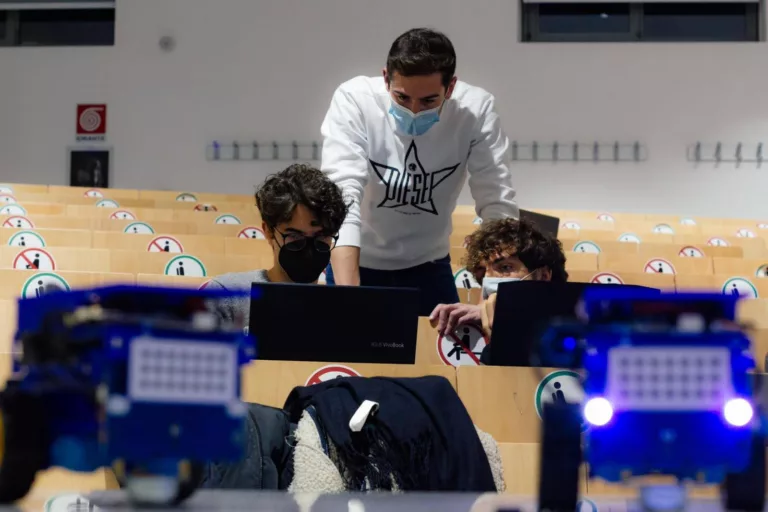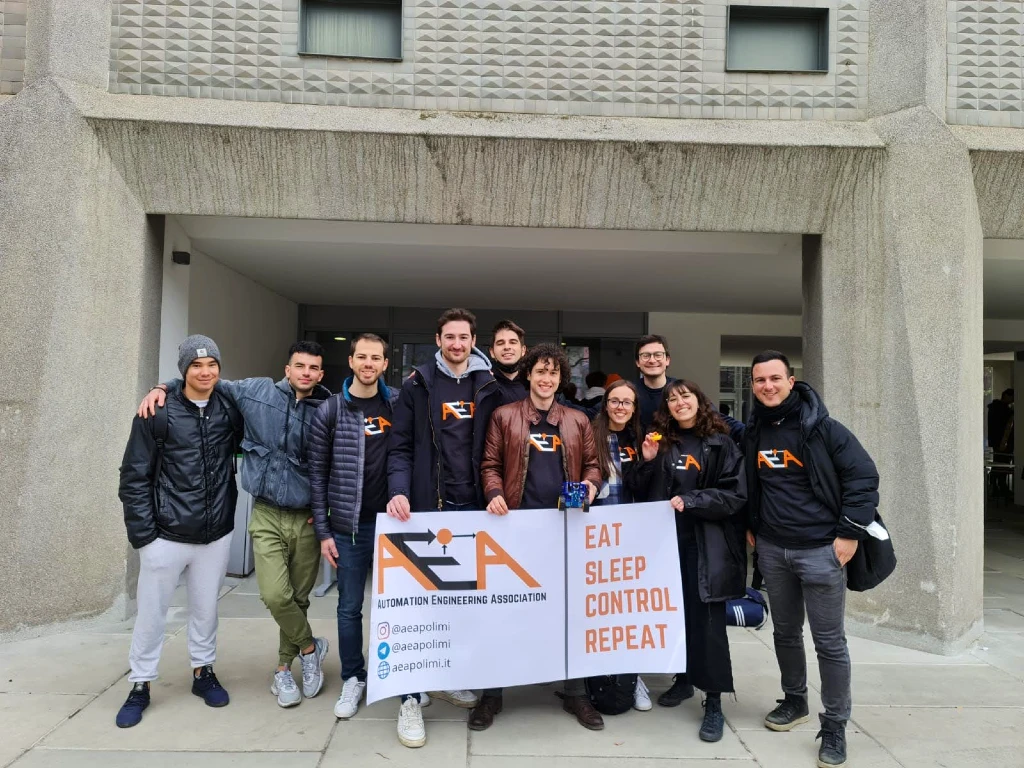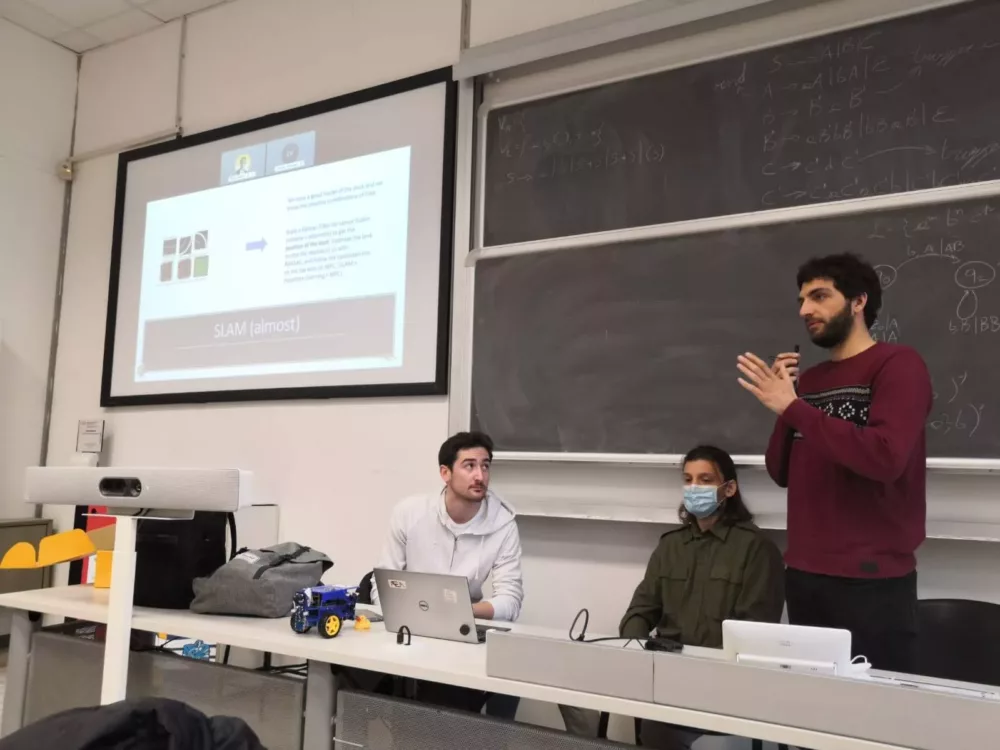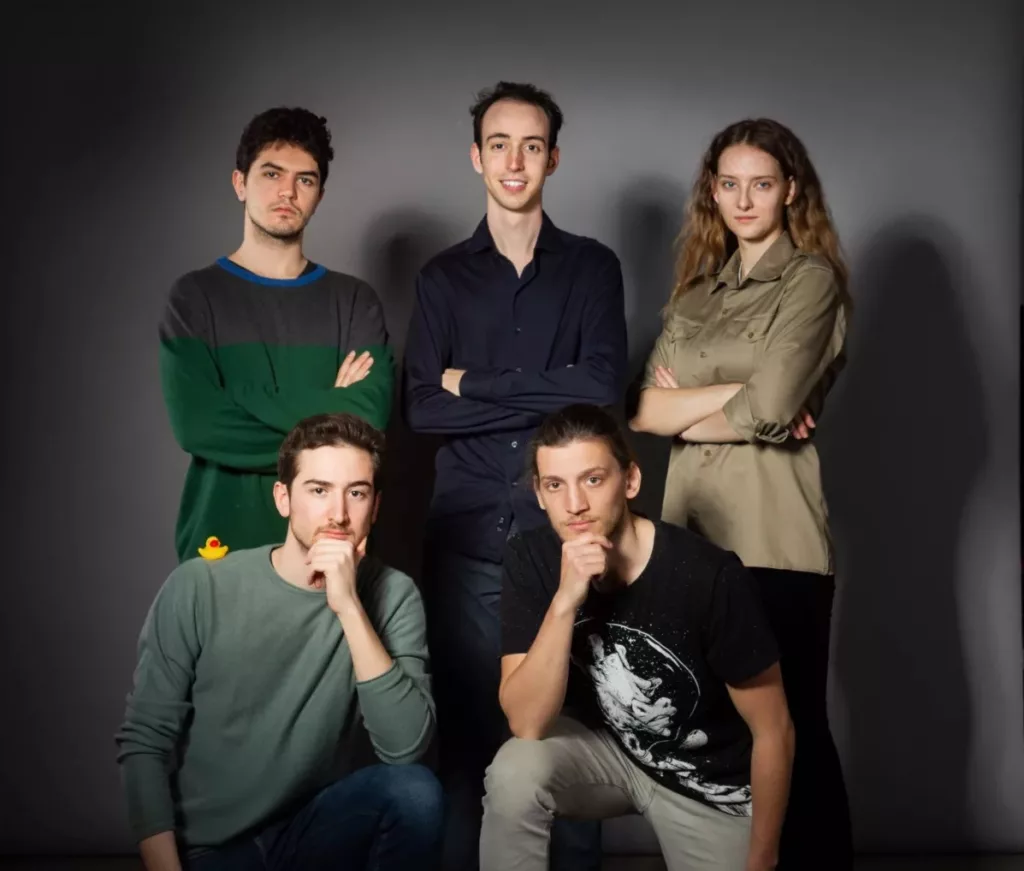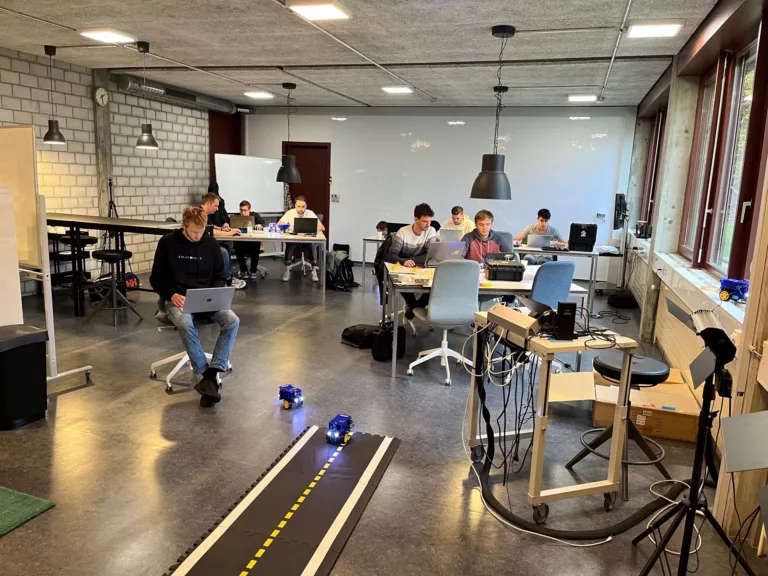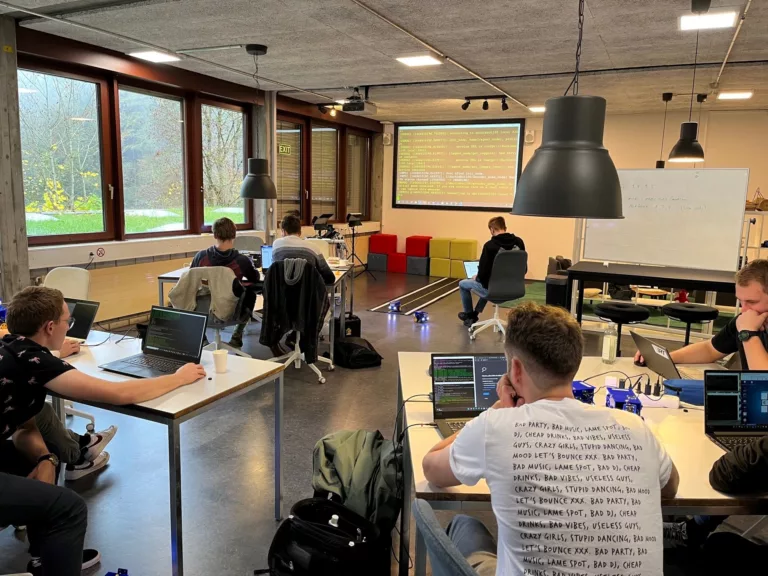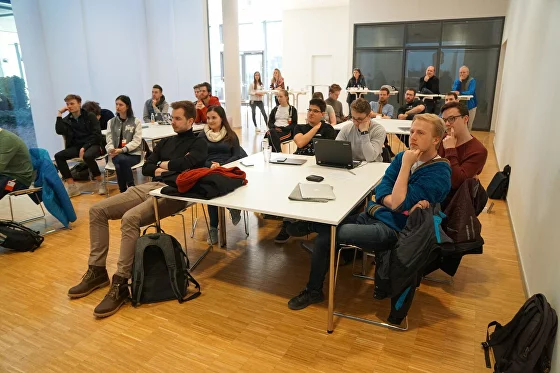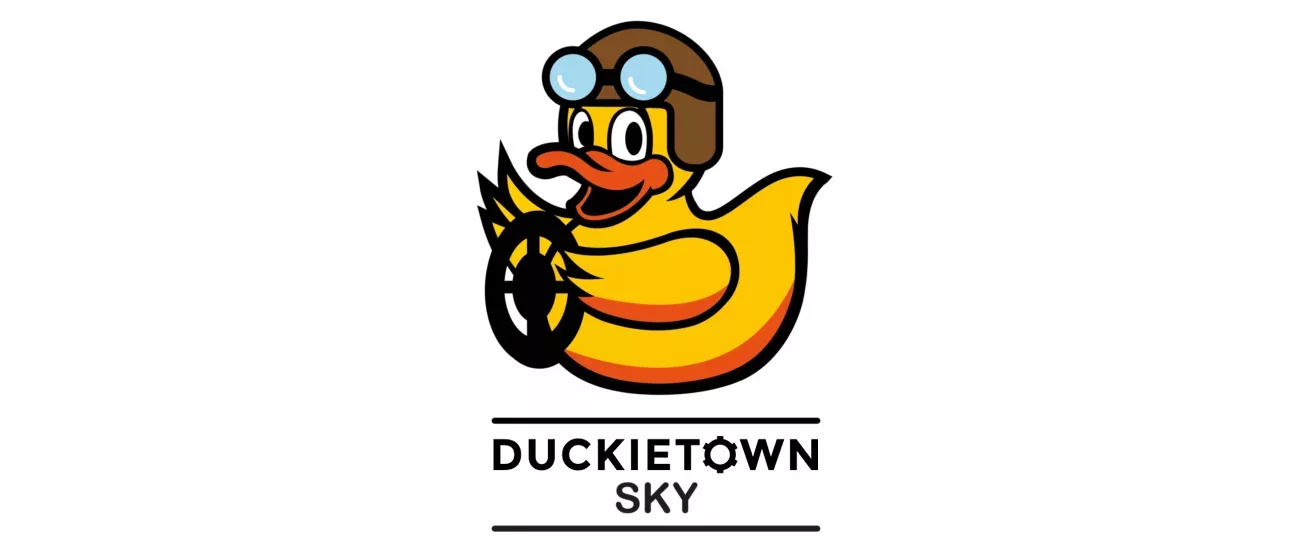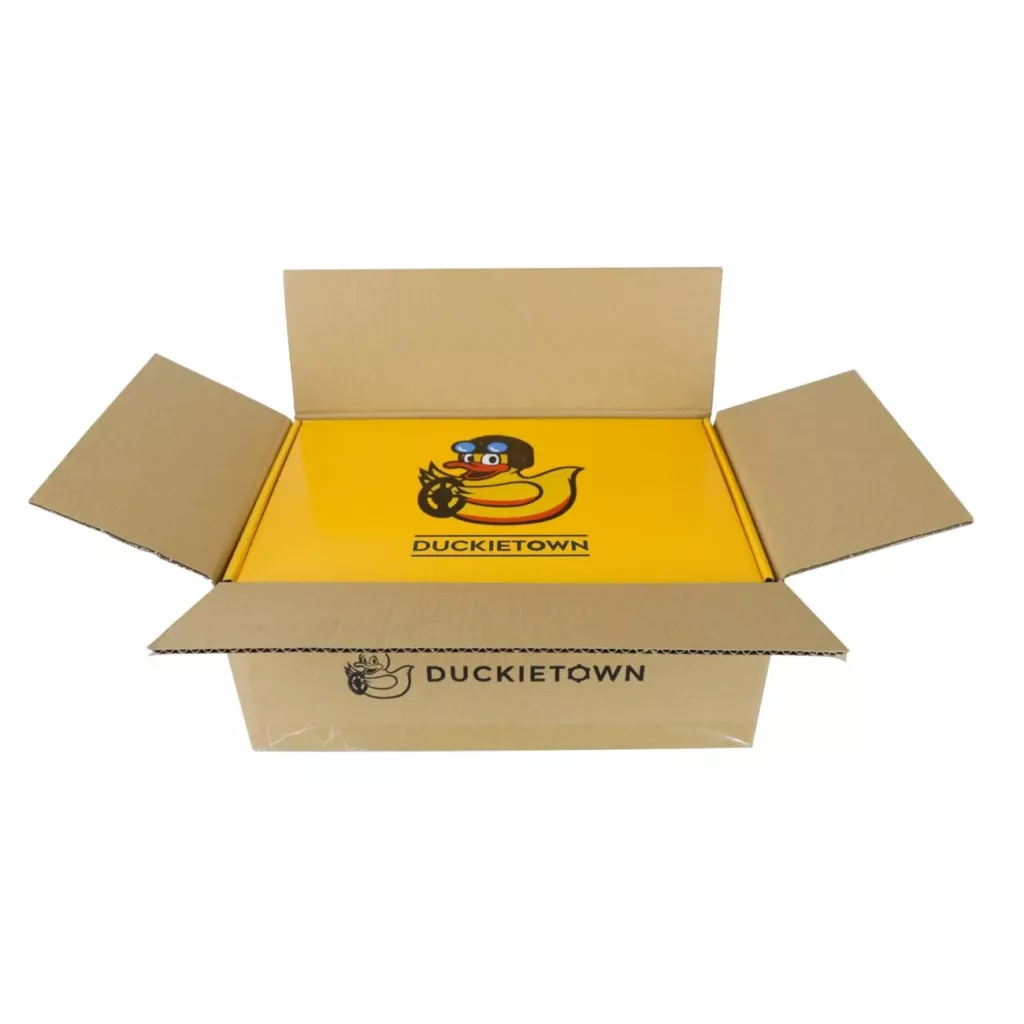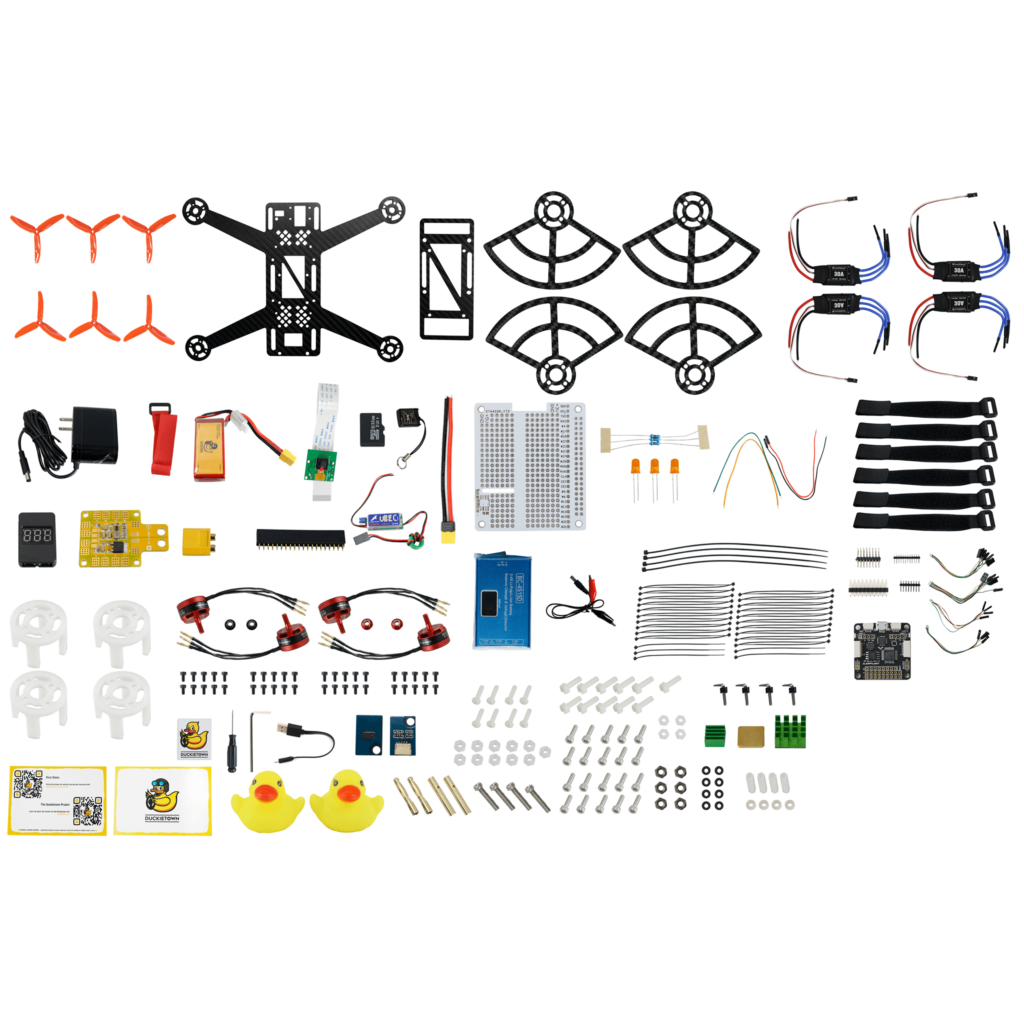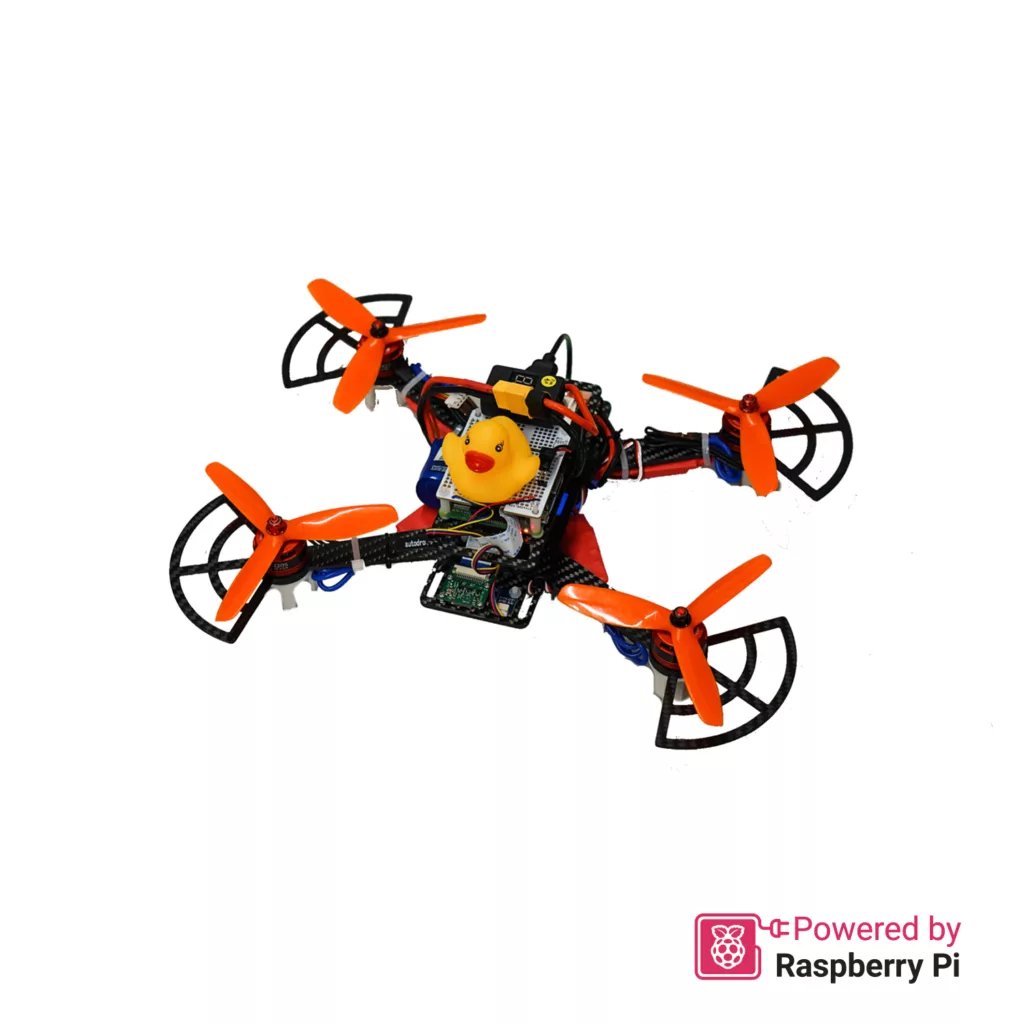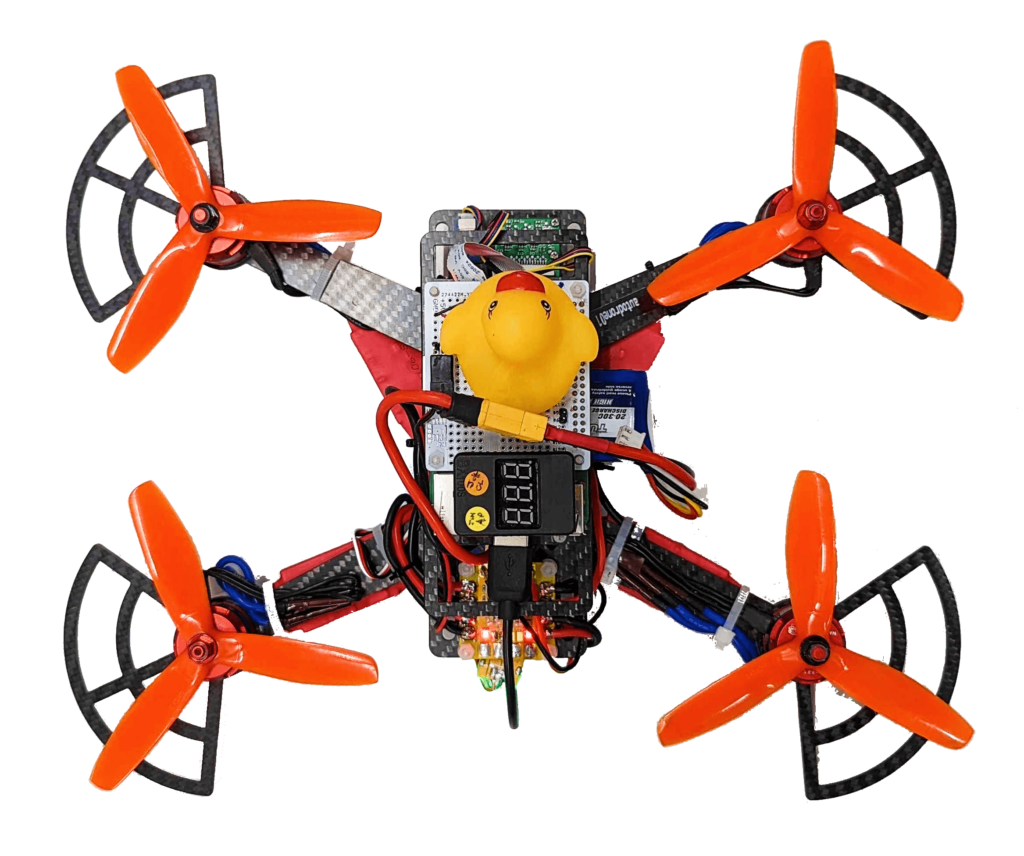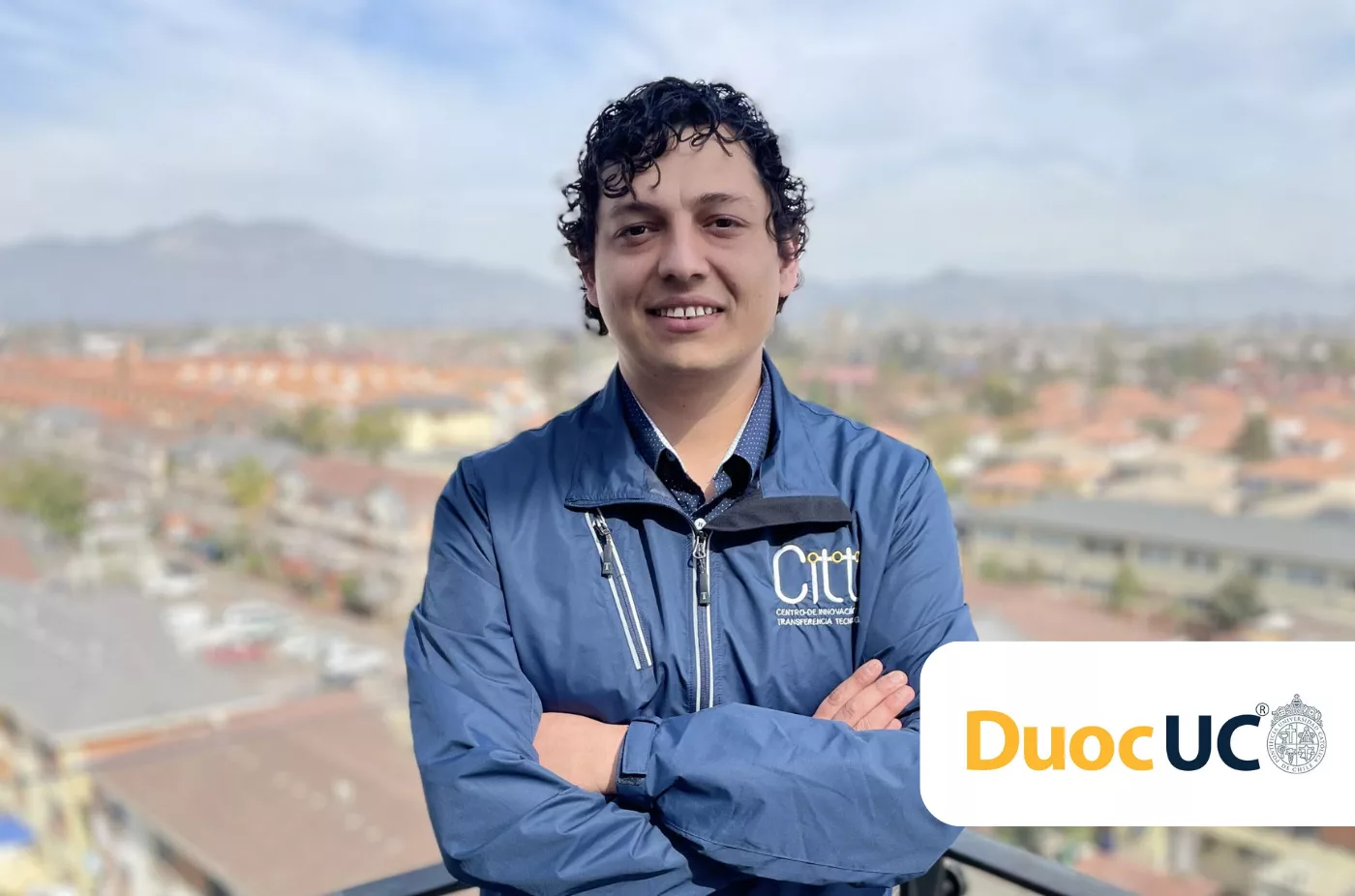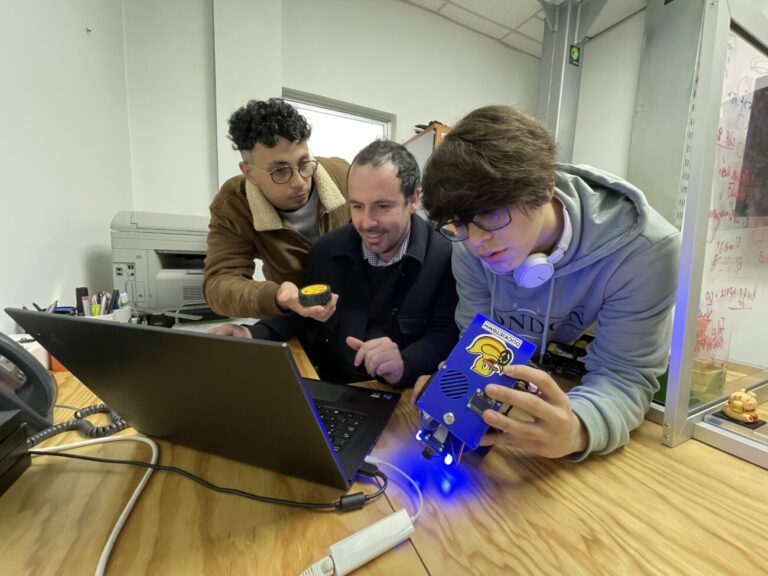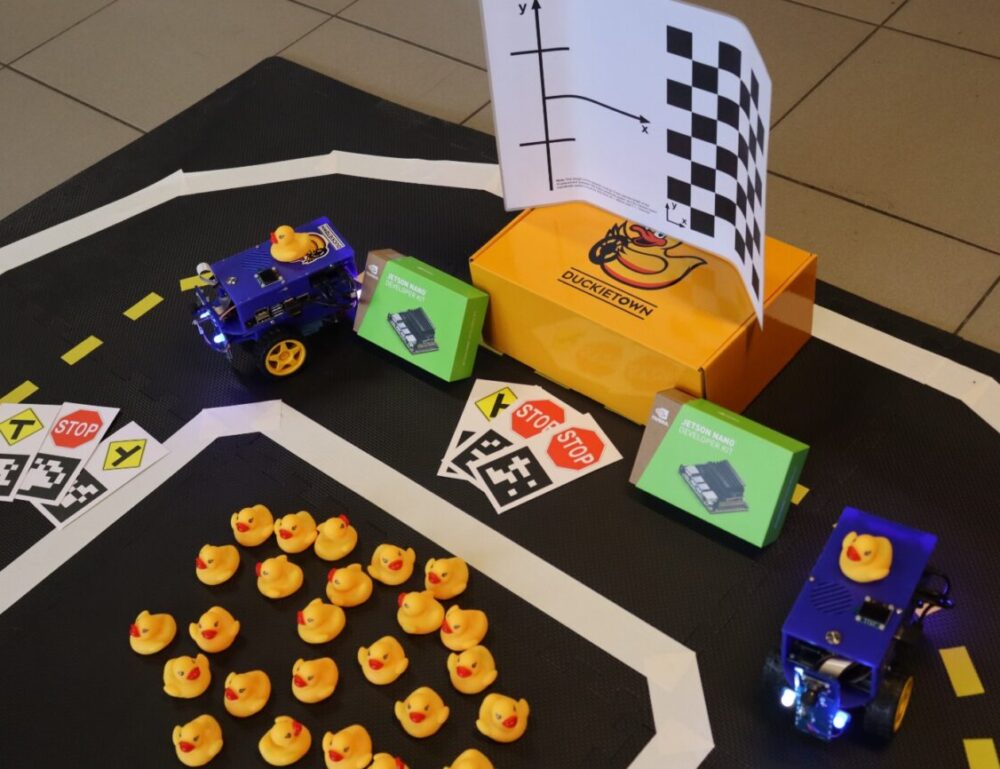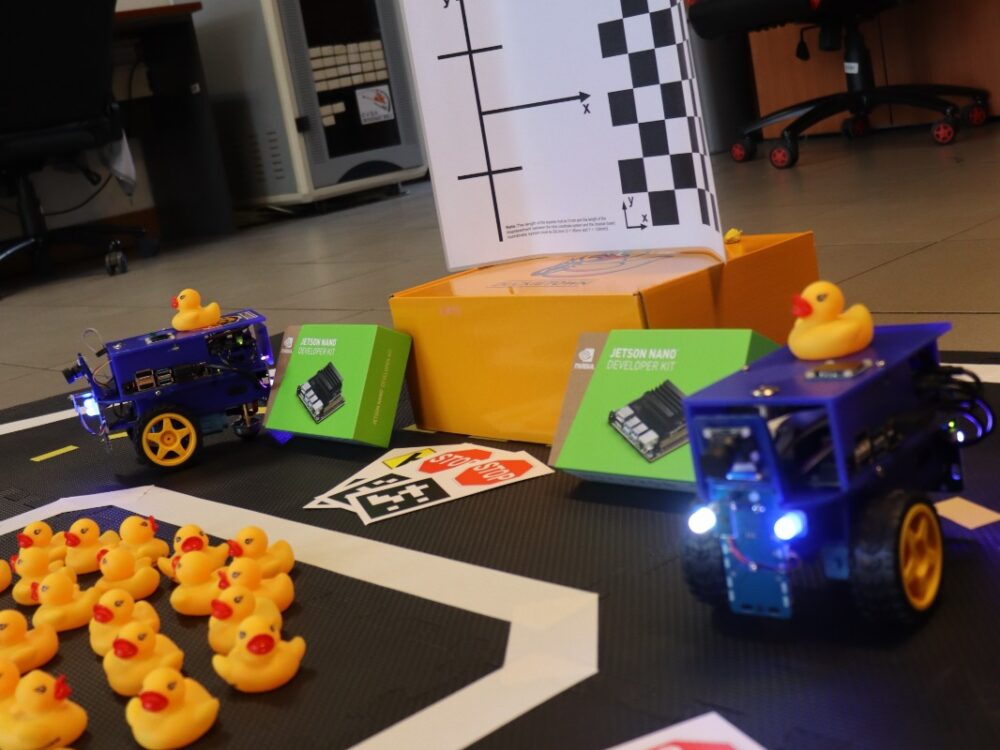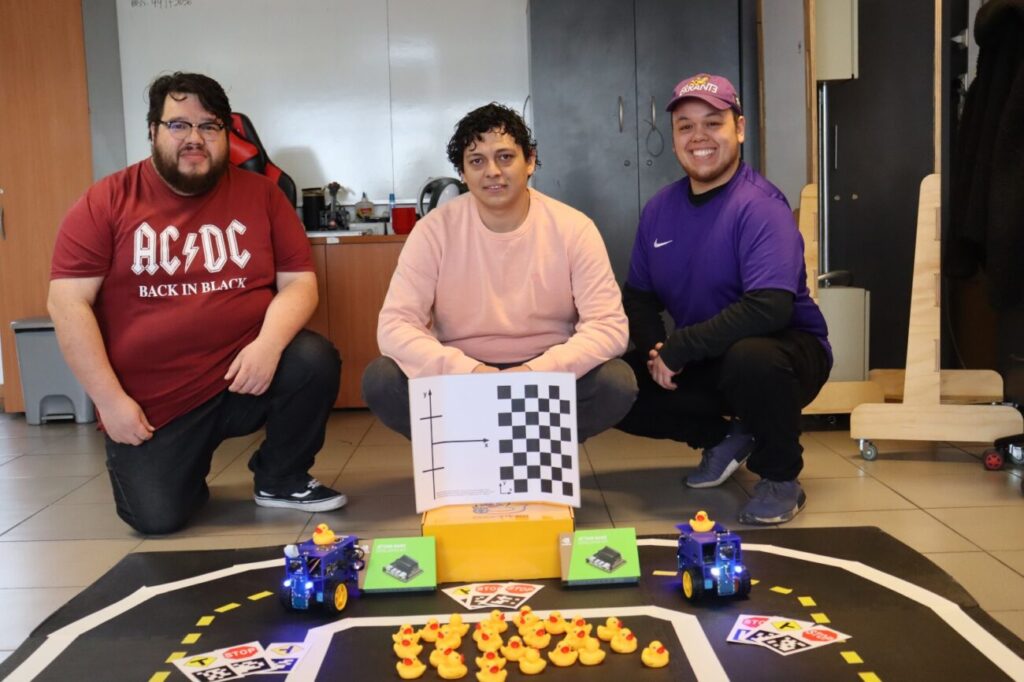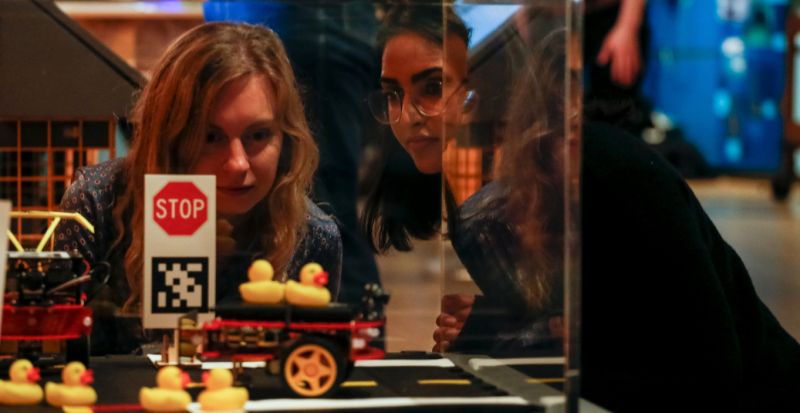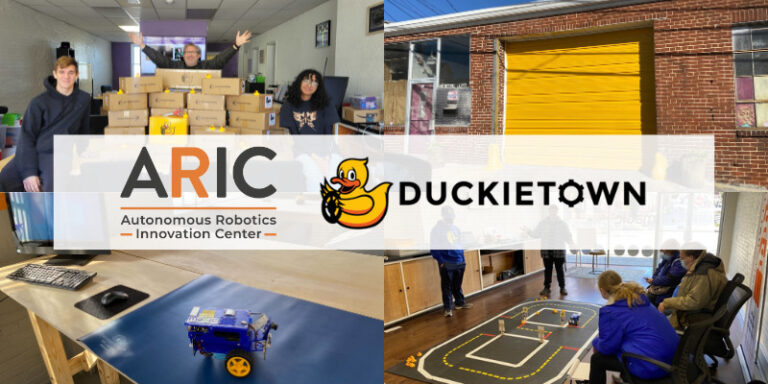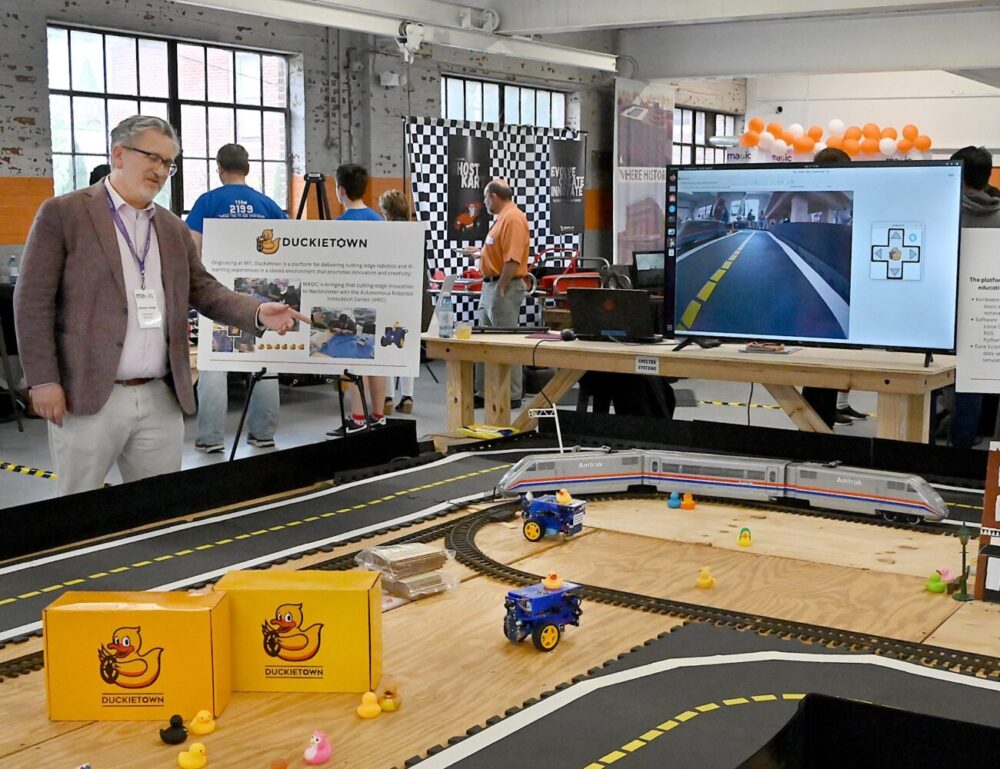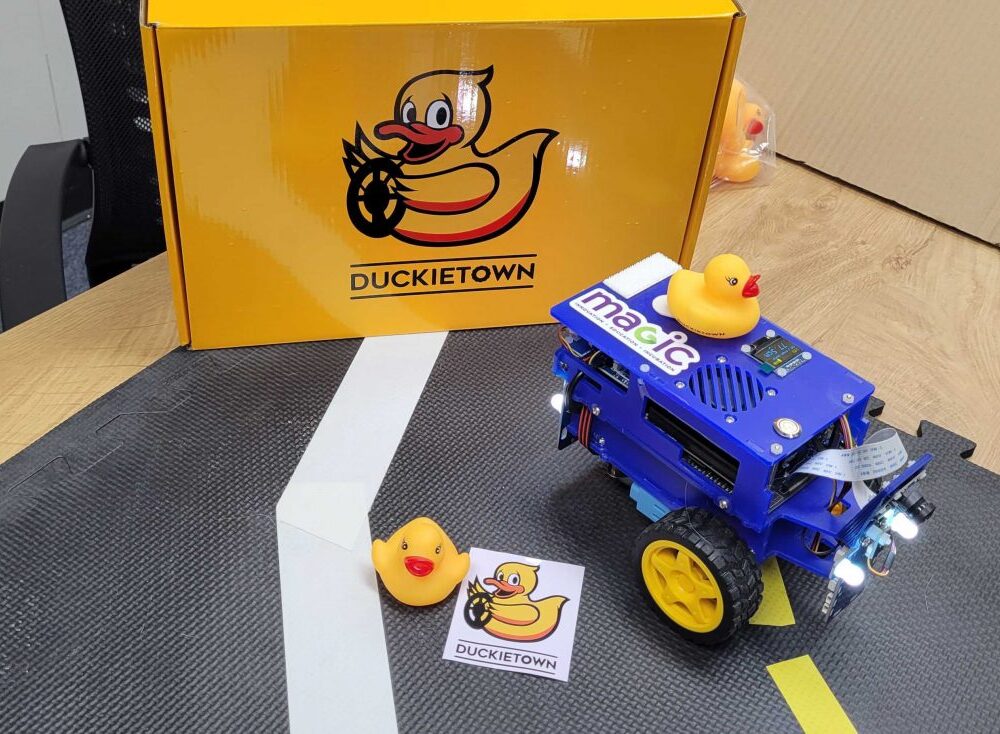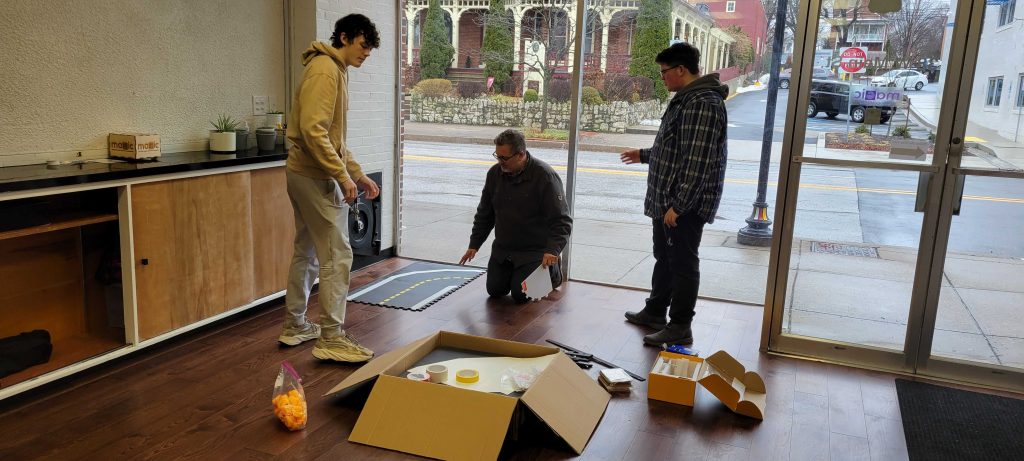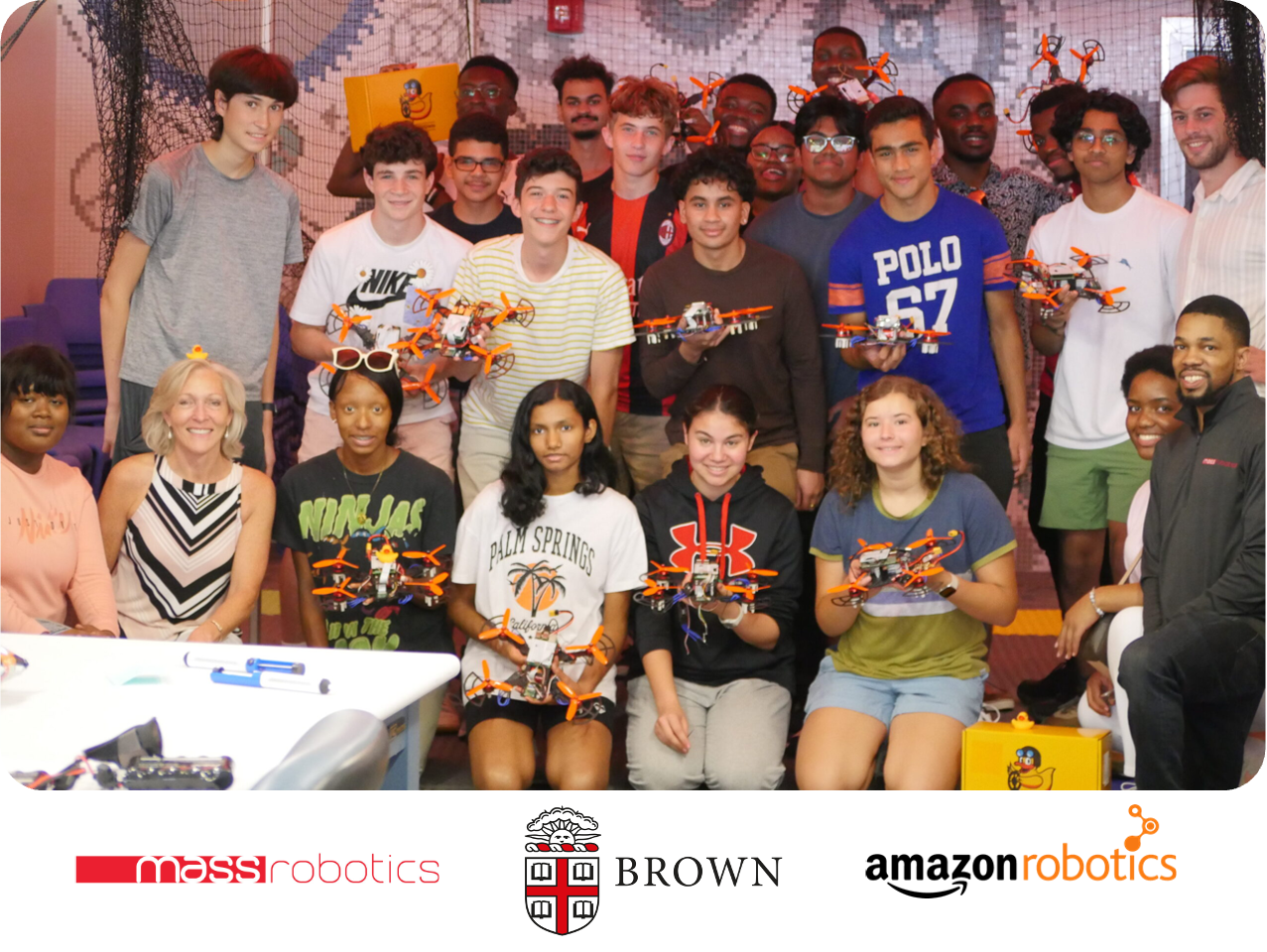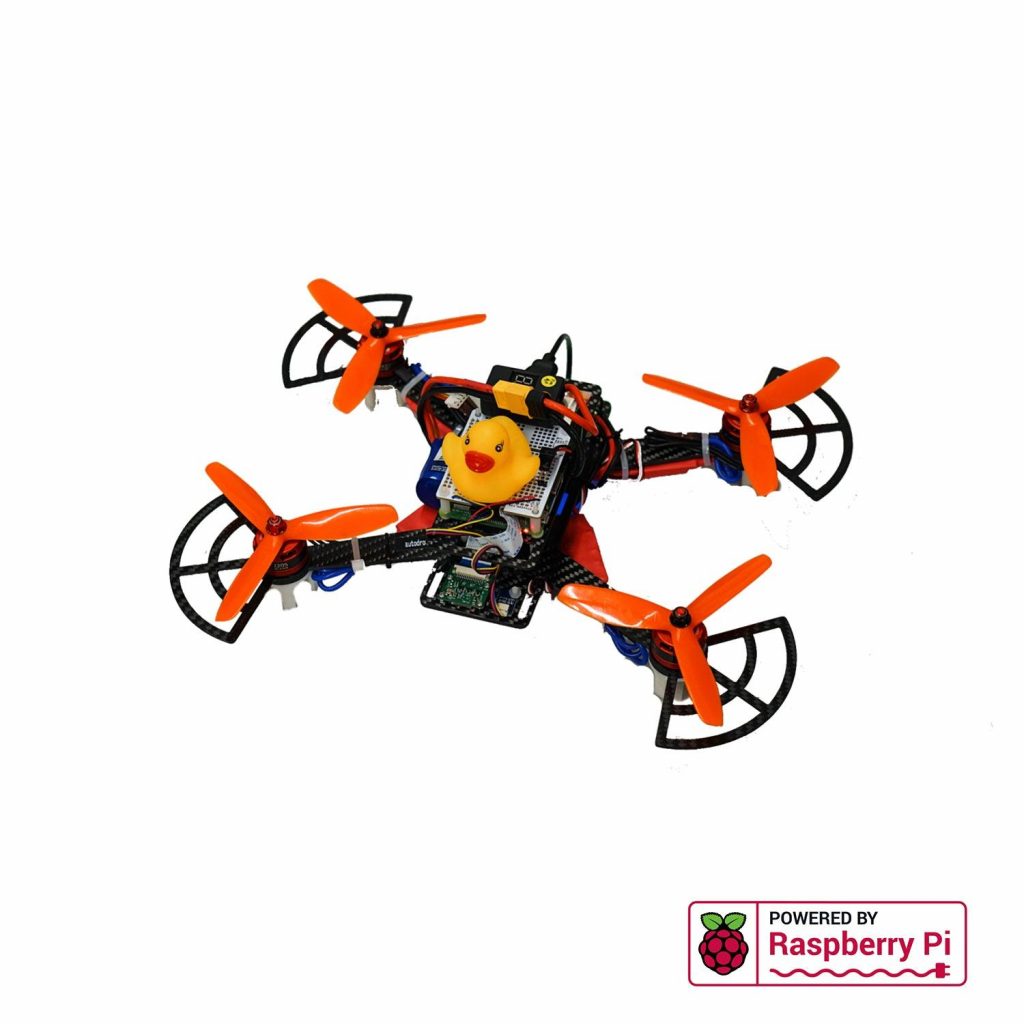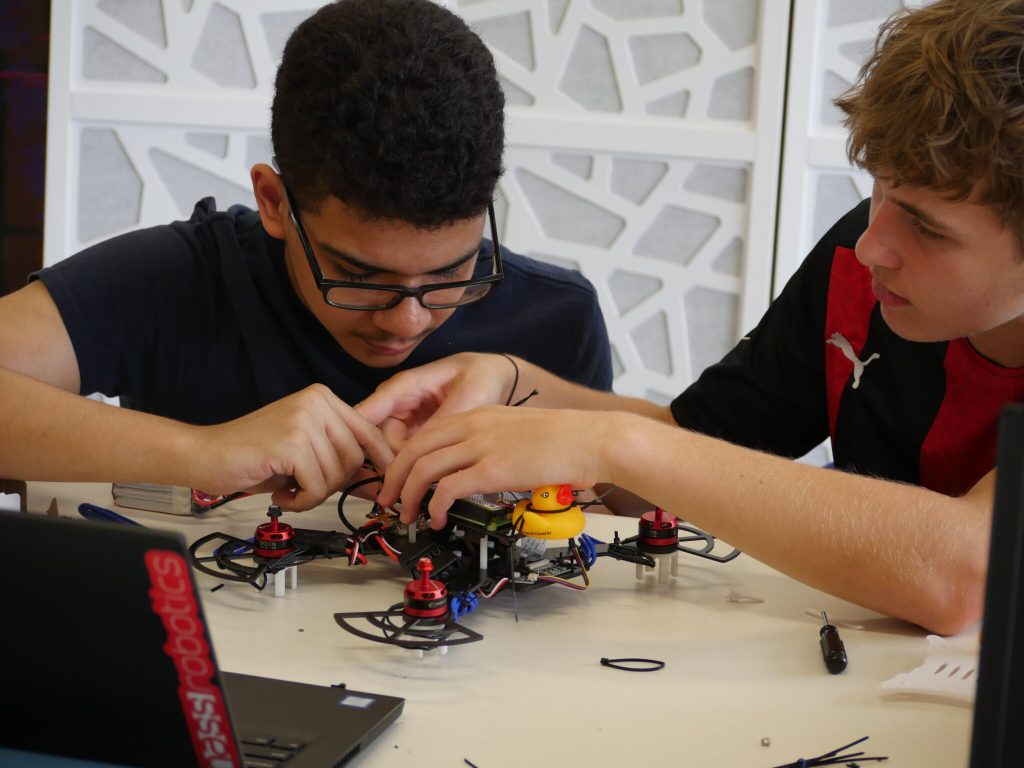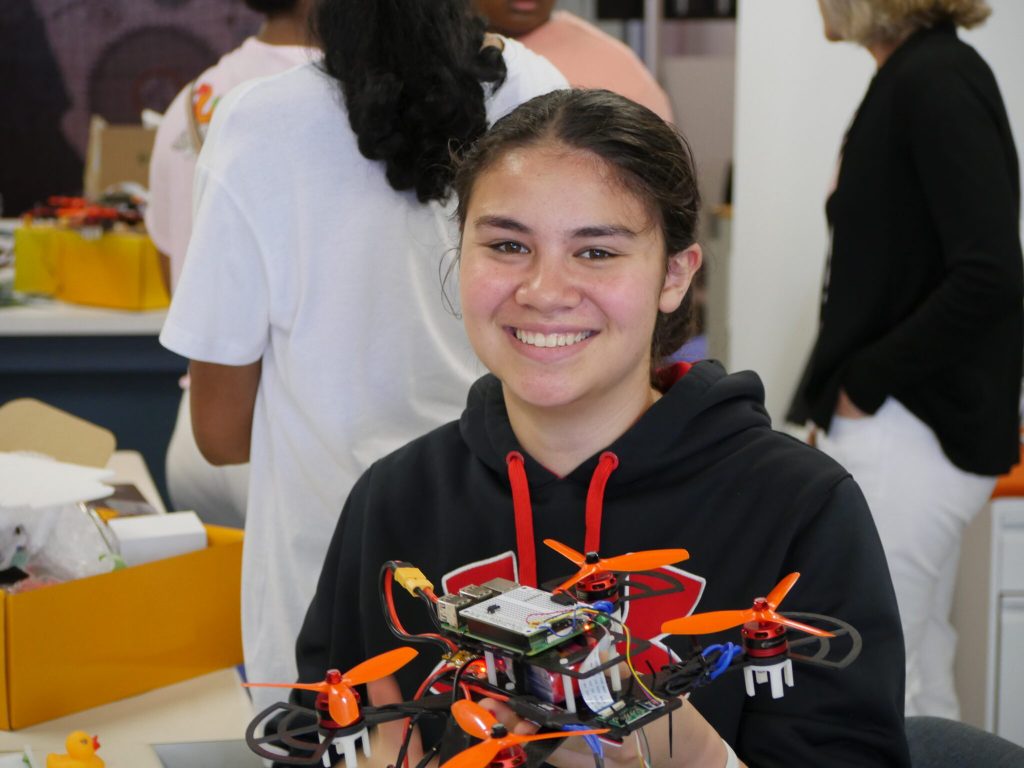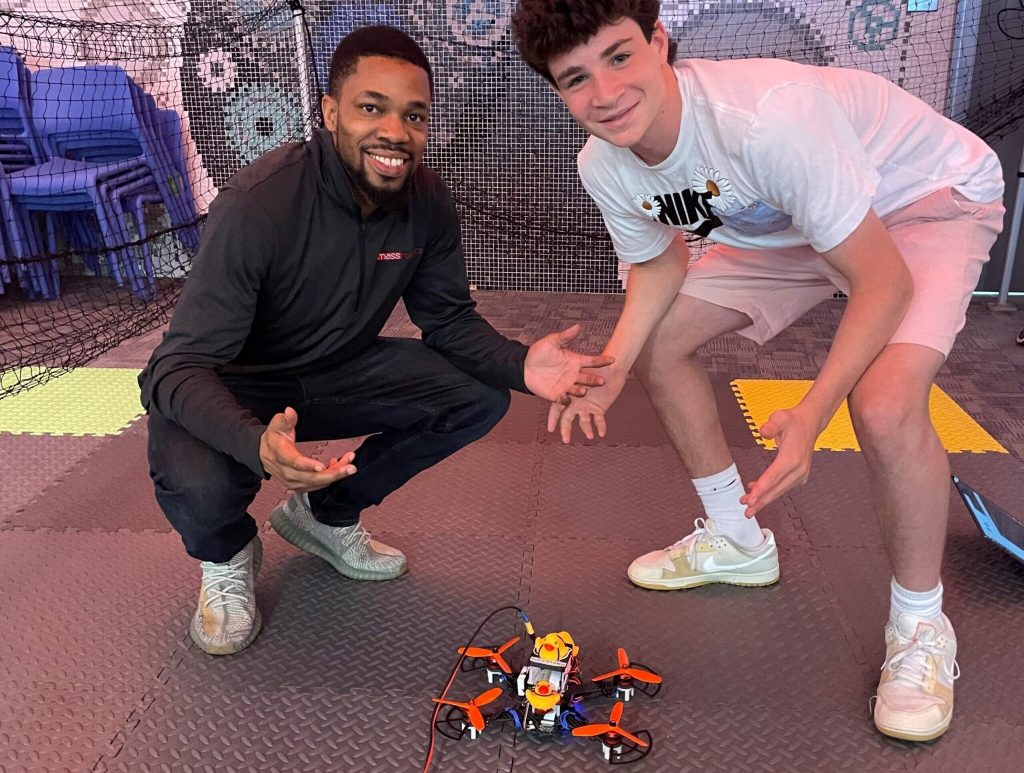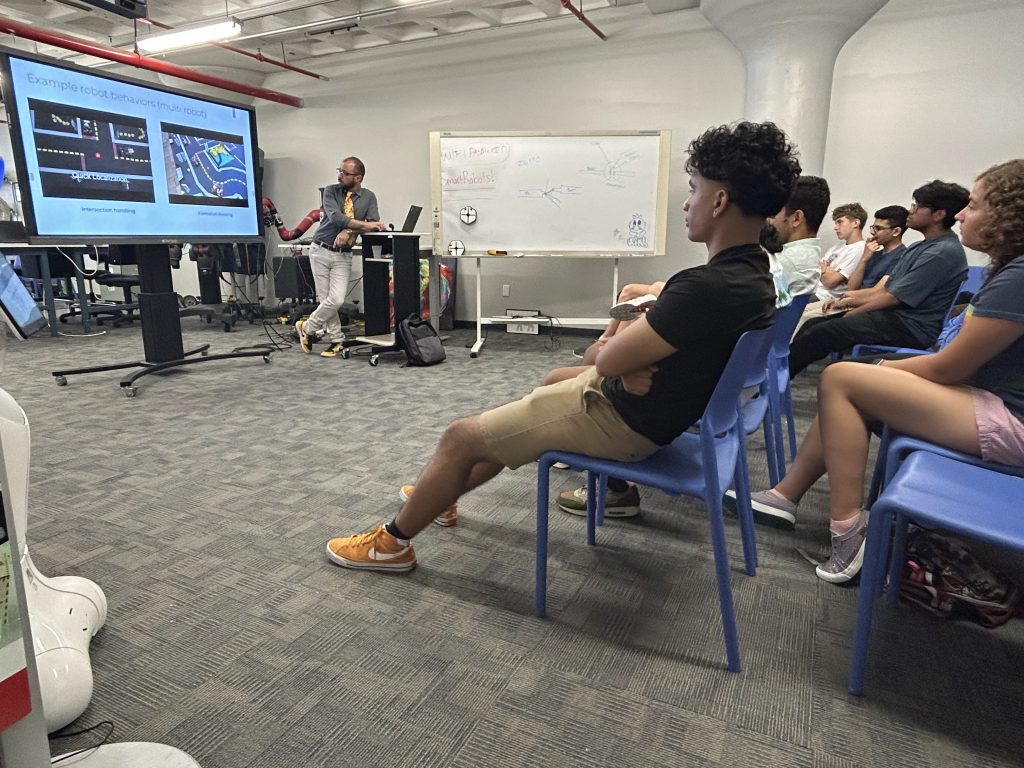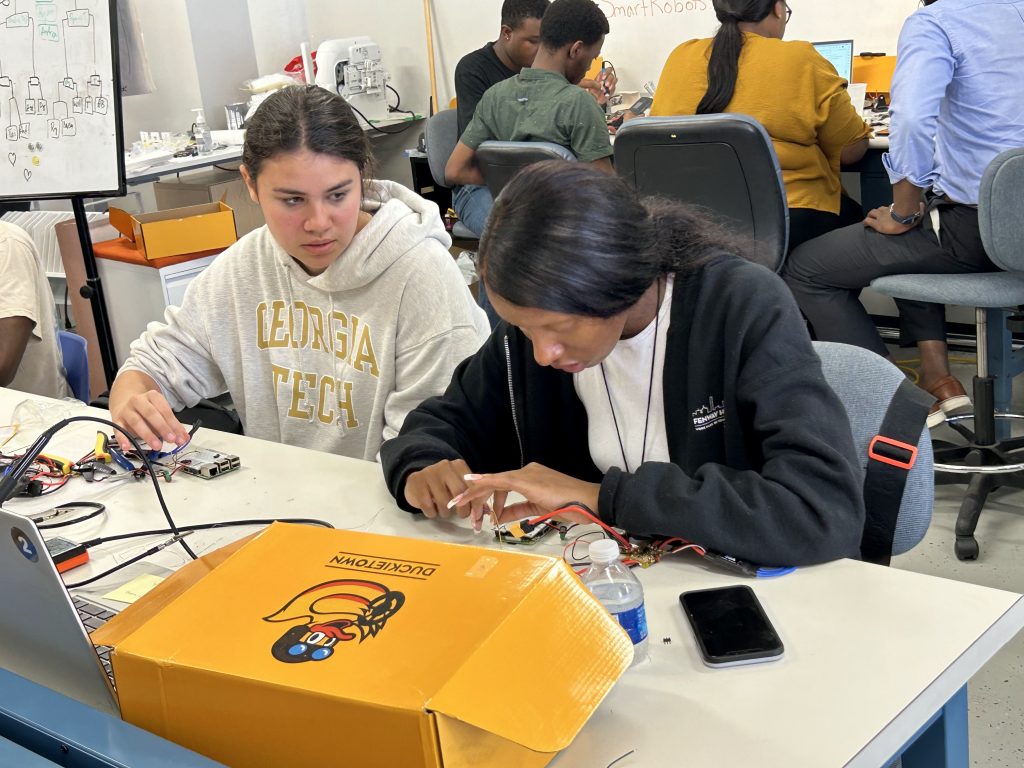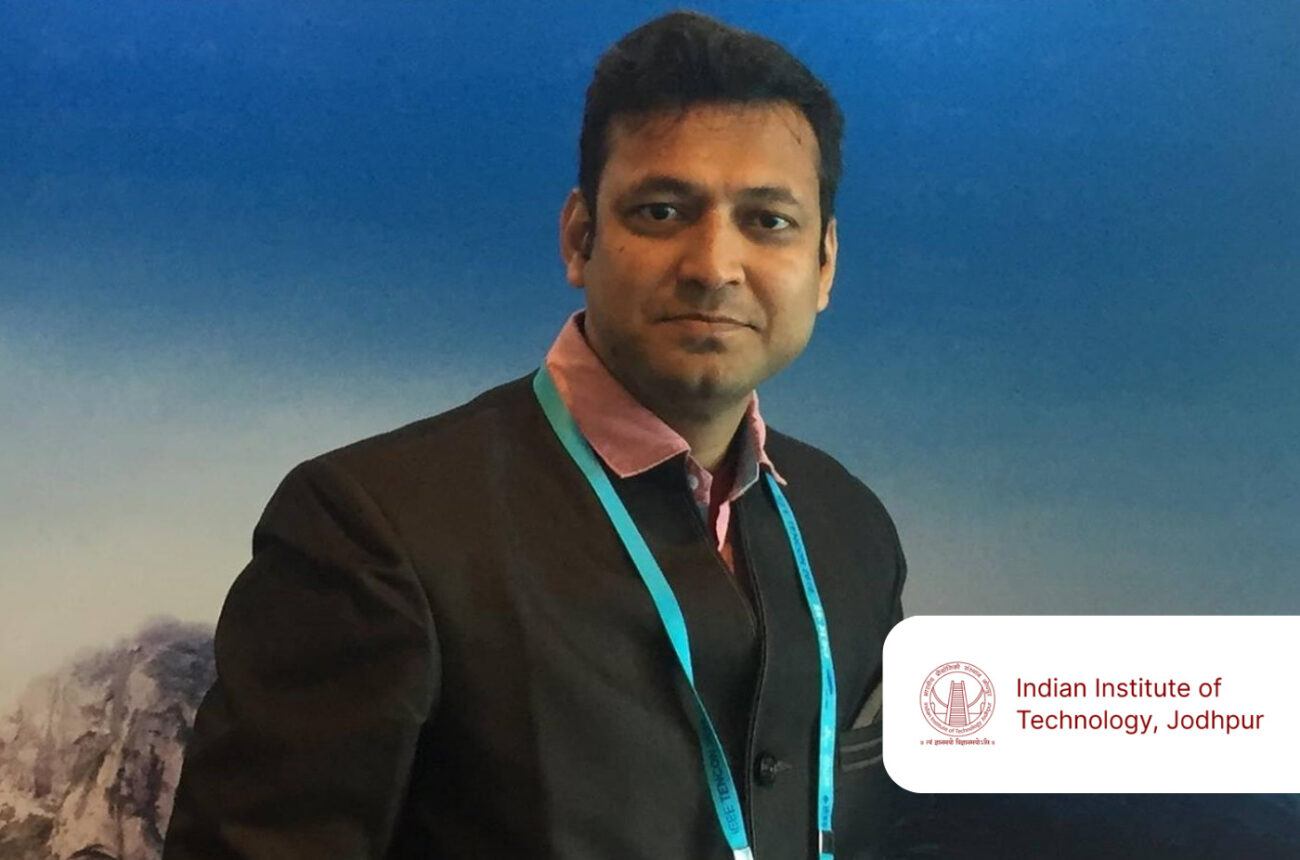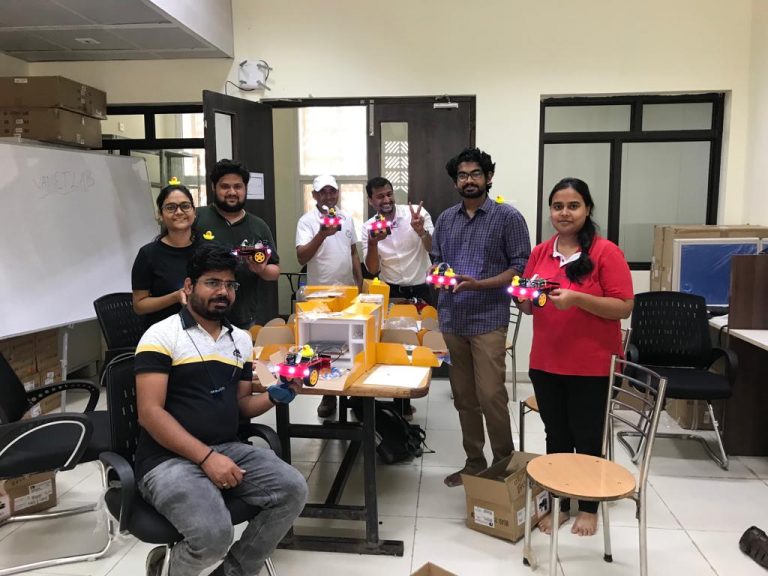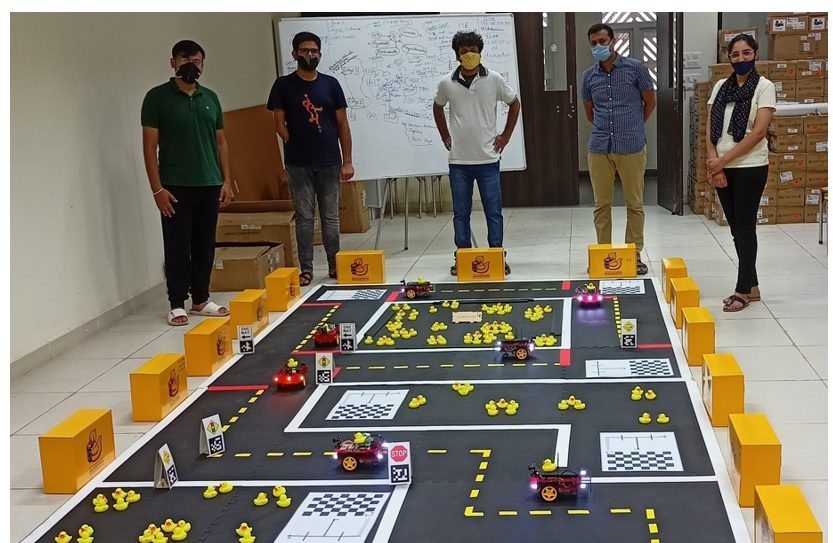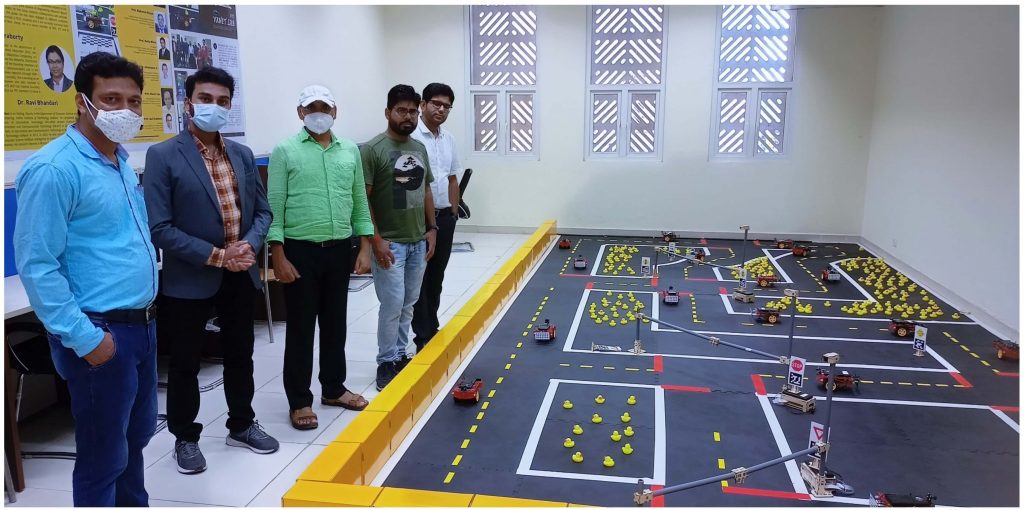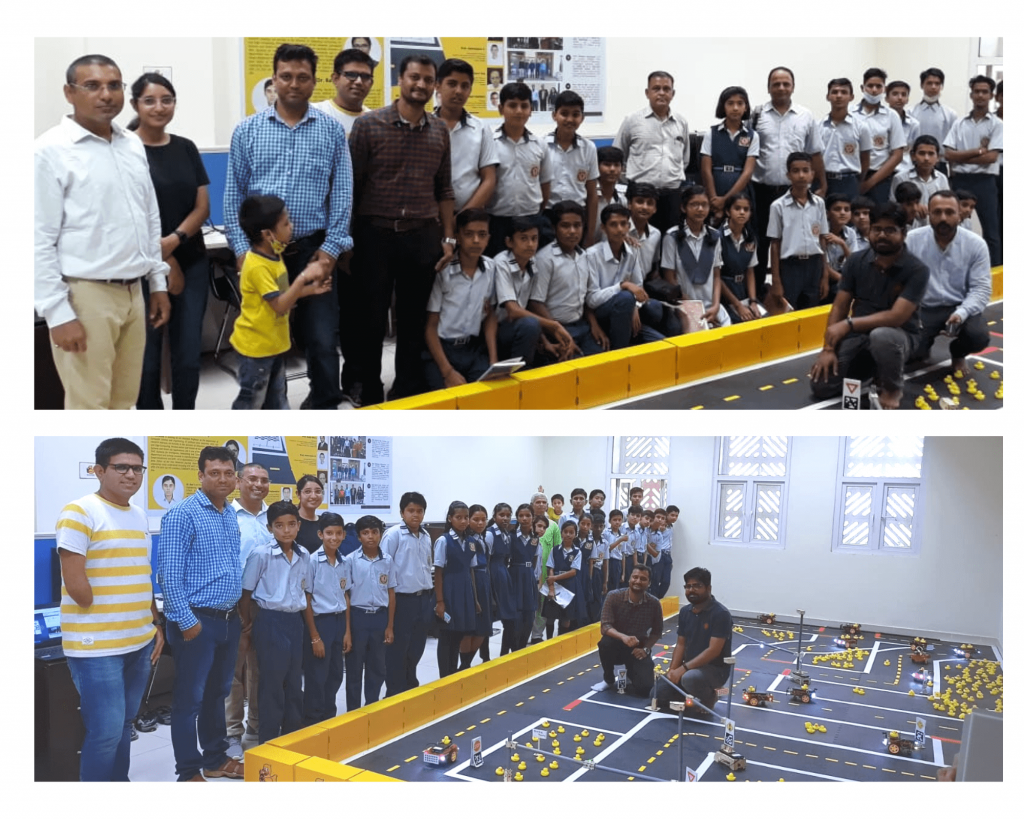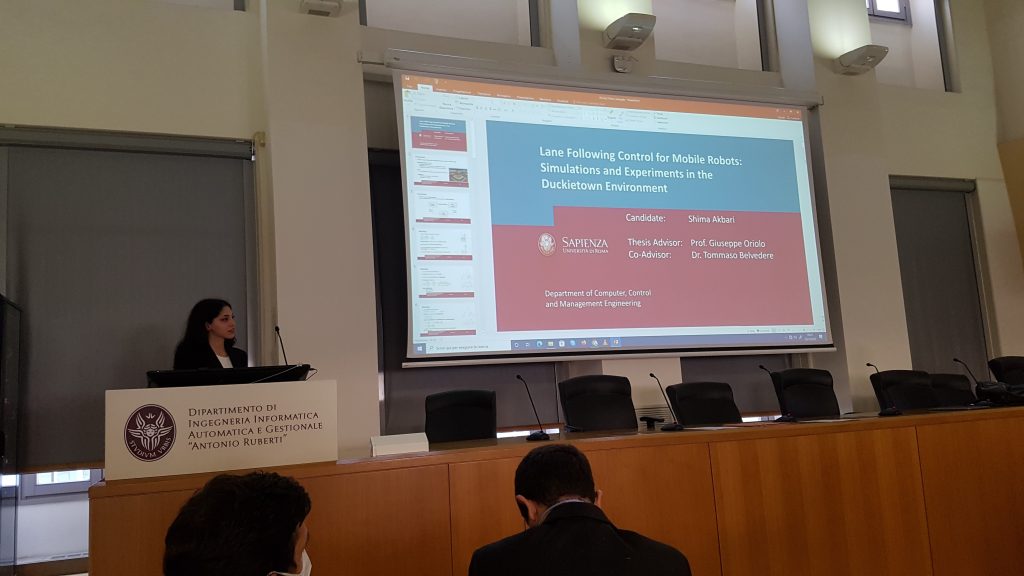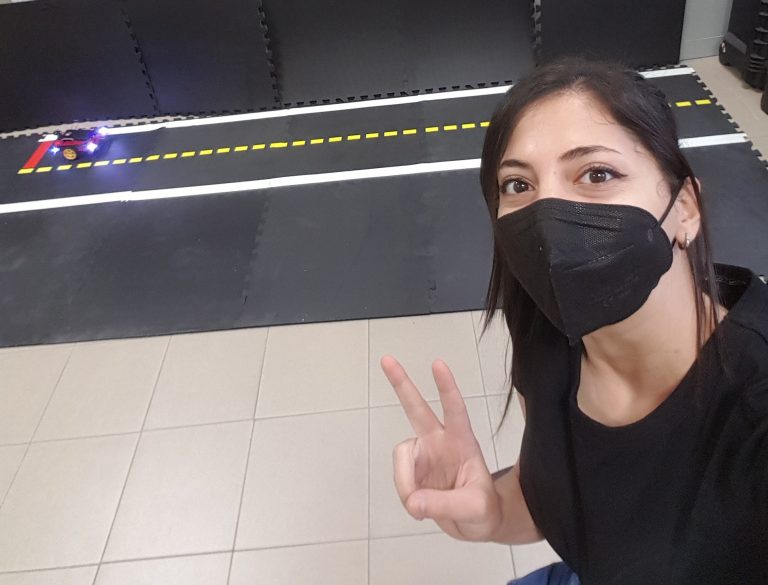Munich, April 3rd: Prof. Bruegge (Brügge) studied computer science at the University of Hamburg and Carnegie Mellon University (CMU), where he also earned his doctorate. Appointed as Professor at the Technical University of Munich (TUM) in 1997, and also associate professor at CMU, Prof. Brügge was on the research committee of Deutsch Telekom and the Munich district. He has served on the board of directors of the Center for Digital Technology and Management, and acted as liaison professor for the Max Weber Foundation and the German National Academic Foundation (2000–2017).
Failing successfully, an interview with Prof. Bruegge
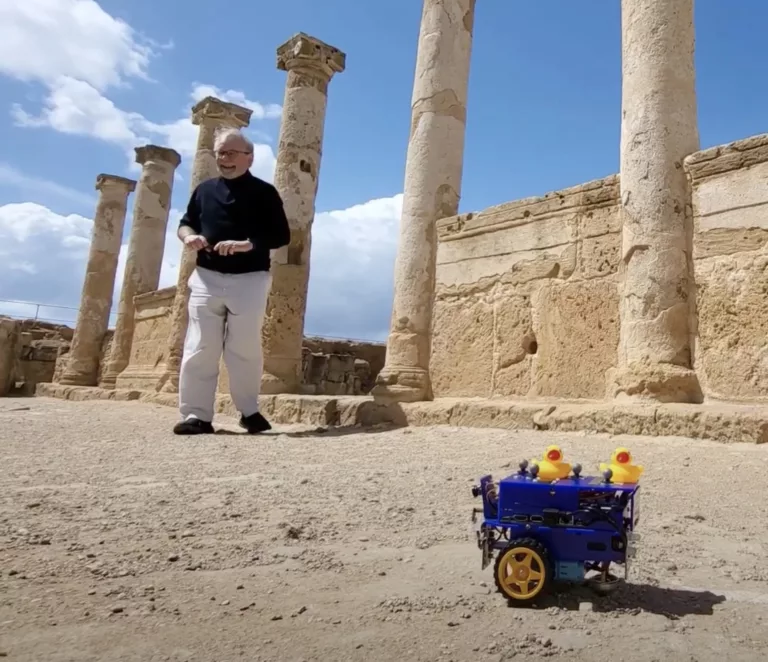
Prof. Bruegge and the JASS 2023 summer camp
Prof. Bruegge, Bernd, is an established computer scientist researcher and Professor, having (co)authored hundreds of peer reviewed publications with over 8800 citations at the time of this writing.
Emeritus Professor since 2021, Bernd regularly contributes to the organization and running of the Joint Advanced Student School (JASS).
In this interview we capture his experience from the summer 2022 edition.
We are thrilled to have this chat with him!
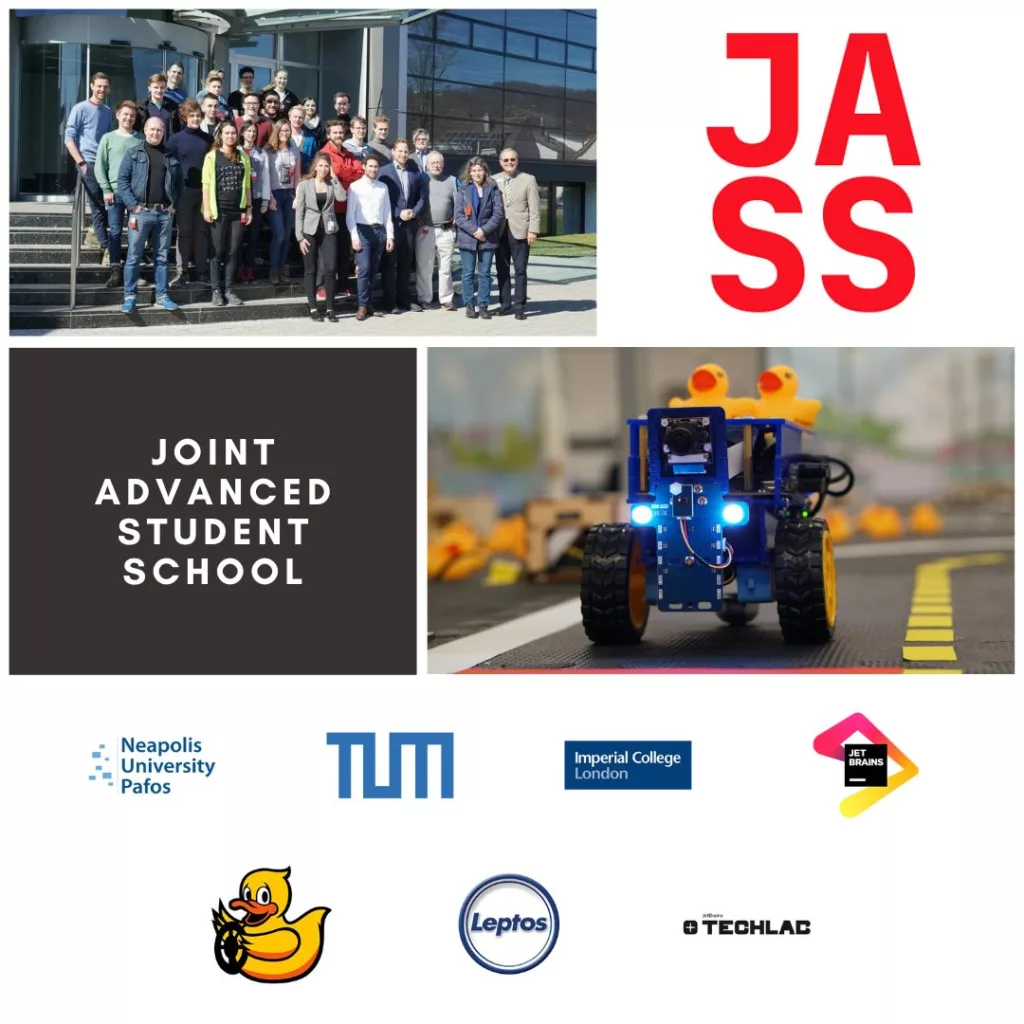
Good morning! Could you introduce yourself?
My name is Bernd Bruegge. I was a Full Professor of Computer Science at the Technical University in Munich, I was at Carnegie Mellon before I joined the Technical University. I was for 20 years at the Computer Science Department at CMU in Pittsburgh, Pennsylvania.
What can you tell us about this JASS school event that took place in Cyprus?
The recent [2023] school was quite an adventure!
My colleague, Prof. Kirill Krinkin, was in St. Petersburg. We had done all the JASS projects with Kirill and support activities by JetBrains in St. Petersburg. And as you know, it’s a total disaster there, there’s nothing left.
So we organized this school in Cyprus with 10 students from Munich and 10 from Cyprus and St. Petersburg. And once there, we built an advanced Duckiebot system, with focus on context sensitivity.
We looked not only at intersections and turns, but we also had times when the Duckiebots would have to slow down, or stop at repair sites where we had traffic lights. There were not only OCR codes, we used Thread and Matter. Are you familiar with Thread and Matter?
I call this a "successful failure". The challenge in using advanced technology in the real world is that when you explore edge cases, unexpected situations may arise that one would not have considered by just simulating the same scenarios.
Prof. Bernd Bruegge
Is this a new functionality you added to the system?
Yes, this is actually an add-on we made to Duckietown. It’s a new IP standard that allows to save energy much, much more than Bluetooth. It’s actually better by a factor of 10. We added Thread and Matter capabilities to our Duckietown environment.
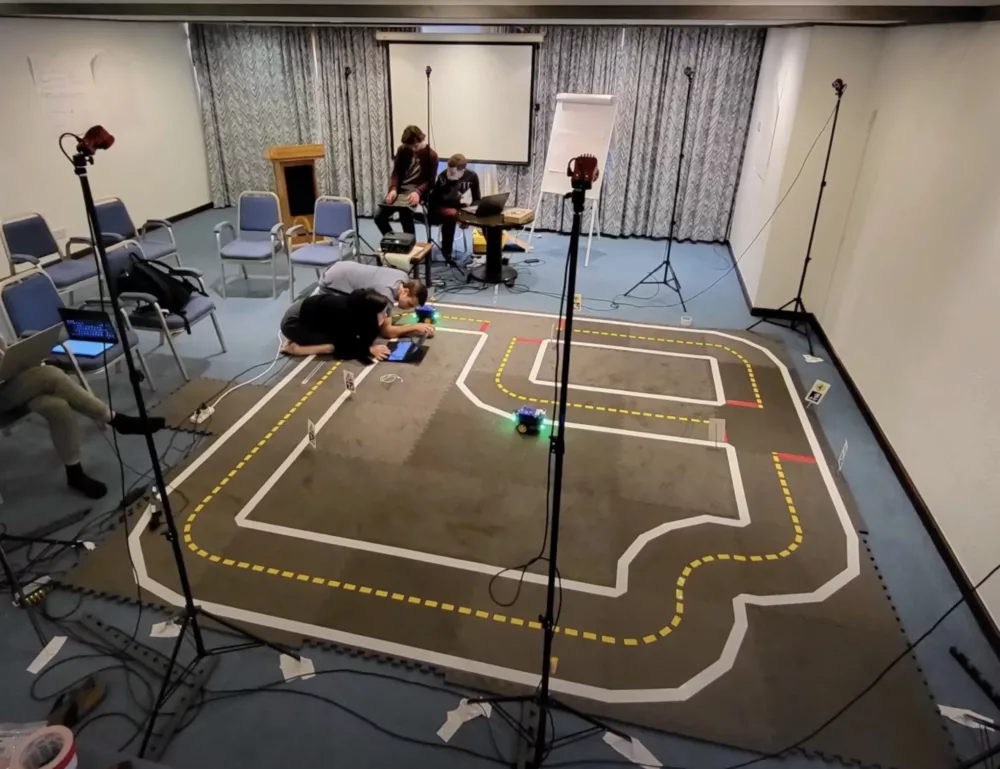
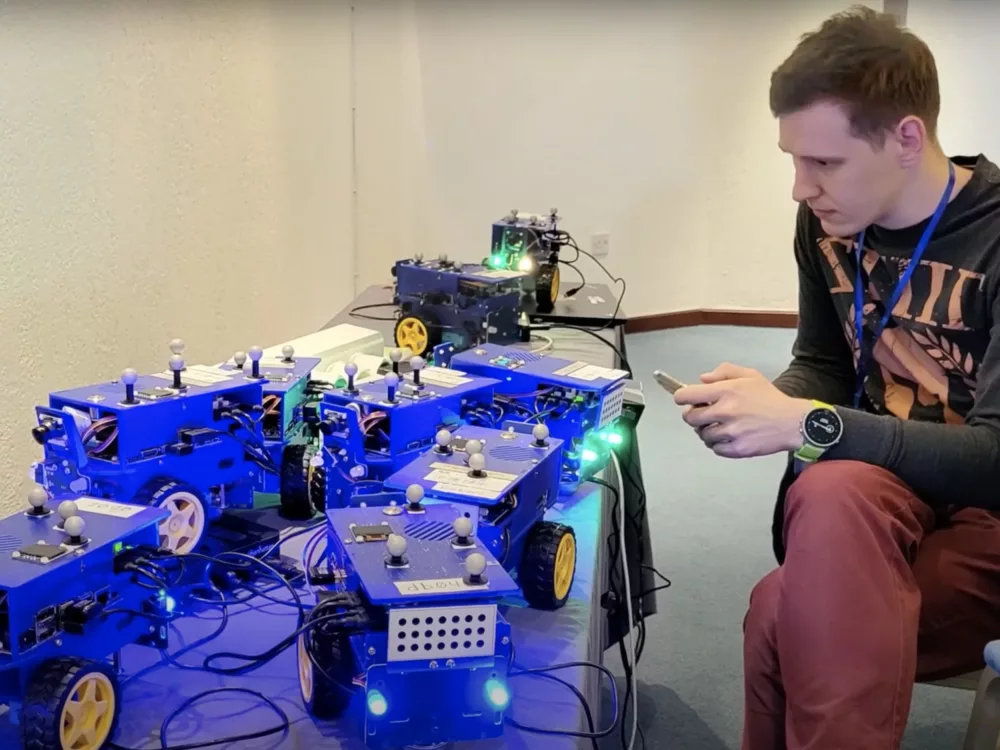
That's fascinating! When did you first encounter Duckietown?
Well, I first heard of Duckietown a long time ago. As you know, I have been at Carnegie Mellon, which competed with MIT and Stanford. And when Kirill told me he would be a visiting professor at MIT, I asked: “What are you doing there?” And he said, “I’m using Duckietown!”
He was interested in robots and robotic technology and observed that this new technology is actually more like an environment and ecosystem than just a robot.
We then came up with a few ideas: first in St. Petersburg, we used a combination of drones and Duckiebots. Our scenario included two airports and a (duckie!) passenger. The drone had to pick up the duckie from one Duckiebot, and the students, divided into three teams, had to develop their own pickup mechanisms.
Each of them with different approaches. One used magnets, the other one used scoops, and so on. They had to then transport the duckie from airport A to airport B using indoor navigation GPS. There was our first really impressive demo.
Credits: Special thanks to Andreas Jung and Ruth Demmel, and the multimedia team supporting Prof. Bruegge.
Prof. Bruegge, do you feel you achieved your objectives?
I’d say we didn’t fulfill our technical objectives. The main challenge with Duckiebots was the third, omnidirectional, wheel, which had too much attrition. So, for instance, if we came to drive near a church, the idea would be to slow down the speed. But then we discovered it was difficult to control the Duckiebot at low speed, since when it comes down to a crawl, friction may cause it to stop. So operating at low speeds was not a practical possibility.
But I call this a “successful failure”. The challenge in using advanced technology in the real world is that when you explore edge cases, unexpected situations may arise that one would not have considered by just simulating the same scenarios.
I think the Duckiebot is good at lane-following and following traffic rules. When looking at context sensitivity though the challenges are trickier. So, e.g., we have a construction site with two traffic lights, how to coordinate them so to minimize, e.g., traffic? If you have one Duckiebot coming from one side and one coming from the other, then one traffic light should go green, and the other one should be red.
But then we also have the idea that you have one traffic site that consists of multiple repair sites. In that situation the Duckiebots, lining up at the red traffic light, should have a green wave to go through each of the traffic lights until they exit the last traffic light.
So what we had in mind was coordination, making sure the Duckiebots were talking to each other. We used Python and the Duckiebots with 4GB NVIDIA Jetson Nanos, and this happened during a five-day course.
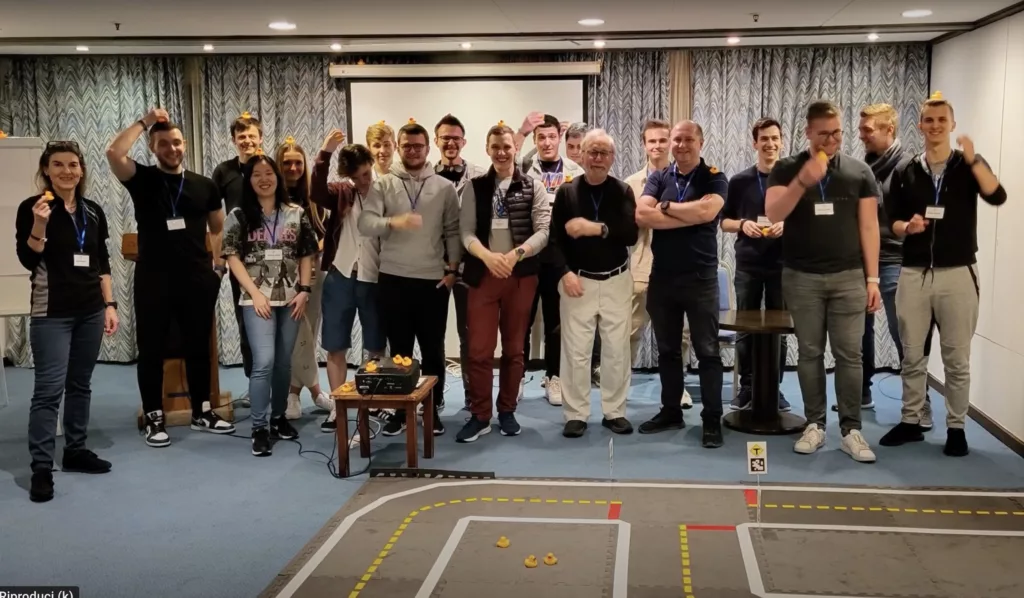
Is there anything else you would like to add?
We plan to prepare a special room for students from primary schools, to show them the interplay of autonomous driving and context-sensitive or ubiquitous computing.
We would like to use the room in multiple ways. So we would like to have the Duckietown road sections, the tiles, interconnected in such a way that that allows us to switch between topographies basically in no time.
We have not been able to do this yet in an easy way, it’s always a scramble. Even if we use the same layout, the yellow tape is breaking or the white tapes are out of sync, and then we have to repair them.
So it would be great if we managed to keep the set up time for schools, especially for children (10 to 12 years), when doing exhibitions here, to under three minutes.
That's a great suggestion, thanks! Do you think Duckietown can be useful for younger learners too?
Yes, I think Duckietown can be very persuasive with young kids. They’re used to Lego or Fischer products, so when they meet the Duckiebot, that’s their first exposure to robots.
We actually have another project in mind, a series of Summer Schools. I’m a retired professor now, I don’t have to teach so I have time for Summer Schools! One will take place in the Dolomites, where the challenge will be a logistic one taking place in a factory. It will include robots moving packages around a warehouse.
Learn more about Duckietown
Duckietown enables state-of-the-art robotics and AI learning experiences.
It is designed to help teach, learn, and do research: from exploring the fundamentals of computer science and automation to pushing the boundaries of human knowledge.
Tell us your story
Are you an instructor, learner, researcher or professional with a Duckietown story to tell?
Reach out to us!

